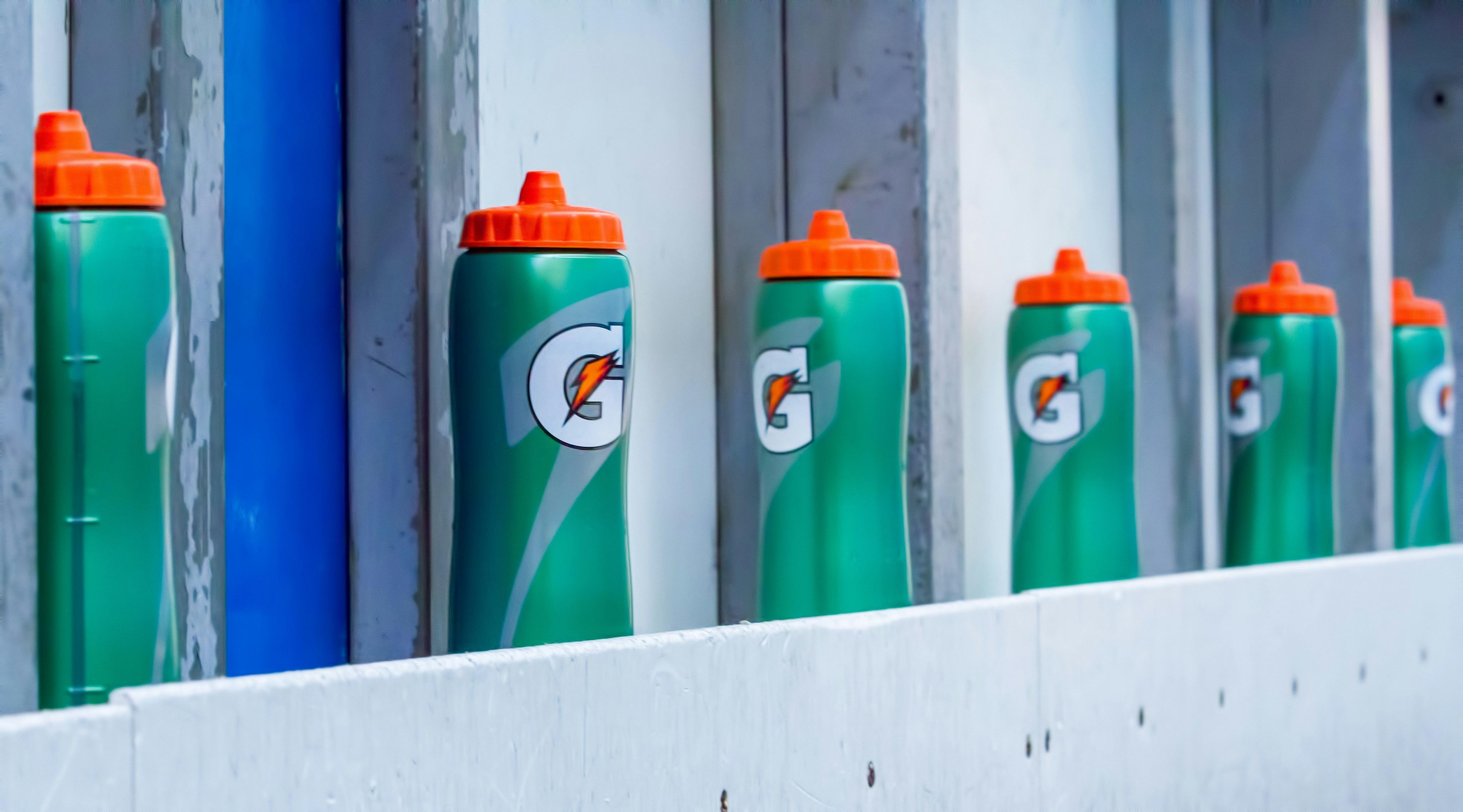In the vibrant world of athletics, where every drop of sweat is a testament to human endurance and spirit, the quest for optimal performance and recovery is unending. Amidst the clamor of advice and myriad of recovery strategies, sports drinks have carved out a prominent place, promising to replenish, rejuvenate, and revive. But do these colorful concoctions truly hold the secret to swift recovery, or are they merely a placebo wrapped in clever marketing? As we delve into the science and stories behind these ubiquitous beverages, we seek to uncover the truth: do sports drinks genuinely aid recovery, or is the reality a little less clear-cut? Join us on this exploration to separate fact from fiction in the realm of post-exercise hydration and recovery.
Understanding the Ingredients: What’s Inside Your Sports Drink
When you reach for a sports drink after an intense workout, you’re likely looking for more than just a refreshing beverage. These drinks are formulated to help you recover and replenish, but what’s really in them? Understanding the ingredients can demystify their purpose and effectiveness. Here’s a closer look at some common components:
- Electrolytes: Essential minerals like sodium, potassium, and magnesium, which help maintain your body’s ionic balance, crucial for muscle function and hydration.
- Carbohydrates: Often in the form of sugars like glucose or fructose, these provide a quick energy source to replenish glycogen stores depleted during exercise.
- Amino Acids: Some drinks include branched-chain amino acids (BCAAs) to aid in muscle repair and reduce exercise-induced muscle damage.
- Vitamins: Added to support overall health, with B vitamins commonly included to help convert food into energy.
By breaking down these ingredients, you can better understand how they contribute to recovery. Whether they truly aid in your post-exercise routine depends on your individual needs and the intensity of your workout. Always consider your personal goals and consult with a healthcare professional if unsure about incorporating sports drinks into your regimen.

The Science Behind Hydration and Electrolyte Balance
When engaging in physical activity, our bodies undergo a complex interplay of processes that are crucial for maintaining optimal performance and recovery. At the heart of these processes lies the delicate equilibrium of hydration and electrolyte levels. Water is essential for every cellular function, acting as a lubricant for joints, a temperature regulator, and a transporter of nutrients. However, it’s not just about quenching thirst; it’s about maintaining a precise balance. Electrolytes, such as sodium, potassium, and magnesium, are pivotal in facilitating nerve function and muscle contraction, as well as maintaining the body’s fluid balance.
- Sodium: Helps maintain fluid balance and is crucial for nerve and muscle function.
- Potassium: Essential for heart function and plays a key role in skeletal and smooth muscle contraction.
- Magnesium: Supports muscle relaxation and energy production.
During intense exercise, we lose water and electrolytes through sweat, which can lead to dehydration and an imbalance of electrolytes if not replenished. Sports drinks aim to combat this by providing both hydration and electrolytes. The question remains, do they effectively aid recovery? While water can rehydrate, sports drinks offer the added benefit of replenishing lost electrolytes, which might be beneficial for prolonged or high-intensity workouts. Understanding the science behind these components can help athletes and fitness enthusiasts make informed choices about their recovery strategies.

Comparing Sports Drinks to Other Recovery Options
When it comes to recovery after intense physical activity, athletes and fitness enthusiasts have a plethora of options to choose from. Sports drinks are often marketed as the go-to solution, but how do they stack up against other recovery methods? While sports drinks provide a convenient source of electrolytes and carbohydrates, it’s worth considering the benefits of other alternatives.
- Water and Electrolyte Tablets: Combining water with electrolyte tablets can offer a customized approach to hydration, allowing you to adjust the electrolyte balance according to your personal needs without the added sugars found in many sports drinks.
- Protein Shakes: For muscle recovery, protein shakes can be a powerful ally. They not only help in repairing muscle tissue but also in building new muscle fibers, something sports drinks don’t typically address.
- Natural Options: Coconut water, for instance, is a natural source of electrolytes and can be a refreshing alternative to processed drinks. Additionally, consuming a balanced meal rich in proteins, healthy fats, and carbohydrates can provide comprehensive recovery support.
Ultimately, the best recovery method depends on individual needs and preferences. While sports drinks have their place, integrating a variety of options might offer a more balanced approach to recovery. Experimenting with different strategies can help you find the most effective combination for your personal athletic goals.

Expert Recommendations: Choosing the Right Recovery Beverage
When selecting a recovery beverage, it’s crucial to consider the specific needs of your body post-exercise. Experts often recommend drinks that balance electrolytes, carbohydrates, and proteins. Here’s a quick checklist to guide your choice:
- Electrolyte Content: Ensure the drink replenishes sodium, potassium, and magnesium lost through sweat.
- Carbohydrates: Look for beverages with a mix of simple and complex carbs to quickly restore energy levels.
- Protein: Choose options with added protein for muscle repair, especially after intense workouts.
Moreover, while some athletes swear by commercial sports drinks, others find natural alternatives like coconut water or homemade smoothies equally effective. The key is to tailor your recovery beverage to your workout intensity and personal dietary preferences. Remember, what works for one athlete may not work for another, so it might take some experimentation to find your perfect post-exercise drink.
In Retrospect
As we lace up our shoes and prepare to step off the field, court, or track, the question of whether sports drinks truly aid recovery remains a captivating one. While science offers insights into their benefits and limitations, the ultimate decision rests in the hands of athletes and fitness enthusiasts, each with their unique needs and preferences. As with any journey, the path to recovery is personal, shaped by trial and experience. Whether reaching for a bottle of electrolytes or opting for nature’s hydration, the key lies in listening to our bodies and staying informed. So, as we quench our thirst for knowledge, let’s continue exploring the myriad ways to nurture our well-being, one sip at a time.


































